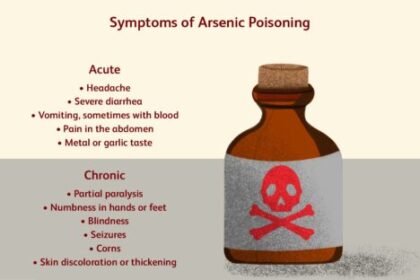In today’s society, where consumer awareness about food sourcing and production methods is on the rise, the terms “cage-free” and “pasture-raised” have become buzzwords in the egg industry. But what exactly do these labels mean, and how do they differ from each other? And what does “Free Range” actually mean? As conscientious consumers seek to make informed choices about the foods they consume, understanding the disparities between cage-free and pasture-raised eggs is paramount. Let’s delve deeper into the intricacies of these two egg production methods to shed light on their disparities.
The Difference Between Cage Free, Free Range & Pasture Raised Eggs
1. Cage-Free Eggs:
Cage-free eggs come from hens that are not kept in cages. Instead, they are typically housed in large barns or warehouses where they have more freedom to move around. However, it’s essential to note that while cage-free systems offer more space, the conditions may still be overcrowded, and the hens may not have access to the outdoors. The term “cage-free” primarily addresses the confinement aspect rather than the quality of life or access to natural conditions for the hens.
2. Free-Range Eggs:
Free-range eggs come from hens that have some access to the outdoors. While they are not confined to cages, they may still spend the majority of their time indoors, particularly in larger operations where outdoor access may be limited. The outdoor area provided may vary significantly in size and quality, ranging from small, enclosed yards to larger, open spaces. While free-range systems offer better living conditions than cage-free systems in terms of outdoor access, the degree of freedom and quality of outdoor space can vary widely between farms.
3. Pasture-Raised Eggs:
Pasture-raised eggs are derived from hens that spend the majority of their time outdoors, foraging for food on pasture. These hens have ample space to roam, access to fresh air, sunlight, and a natural diet supplemented by the plants, insects, and grubs they find while foraging. Pasture-raised systems prioritize the welfare of the hens and aim to mimic their natural behaviors as closely as possible. As a result, these eggs are often considered the gold standard in terms of both animal welfare and nutritional quality.
Why Pasture-Raised Eggs are the Healthiest Option:
– Superior Nutritional Profile: Studies have shown that pasture-raised eggs contain higher levels of omega-3 fatty acids, vitamins A and E, and beta-carotene compared to eggs from hens raised in confinement. The varied diet and exposure to sunlight contribute to this enhanced nutritional profile.
– Lower Risk of Contamination: Hens raised in pasture-based systems are less likely to contract diseases associated with overcrowded conditions, reducing the need for antibiotics and other medications. Additionally, their exposure to natural elements and a diverse diet can bolster their immune systems, further reducing the risk of contamination.
– Environmental Benefits: Pasture-raised systems promote environmental sustainability by allowing hens to graze on pasture, which can improve soil health, reduce erosion, and minimize the environmental impact of egg production.
In conclusion, while cage-free and free-range systems represent steps in the right direction towards more ethical egg production, pasture-raised eggs stand out as the healthiest option for both hens and consumers. By prioritizing the welfare of the animals and mimicking their natural behaviors, pasture-raised systems produce eggs that are not only nutritionally superior but also environmentally sustainable. When purchasing eggs, opting for pasture-raised varieties supports humane farming practices and promotes a healthier food system for all.
Recommended Reading:





